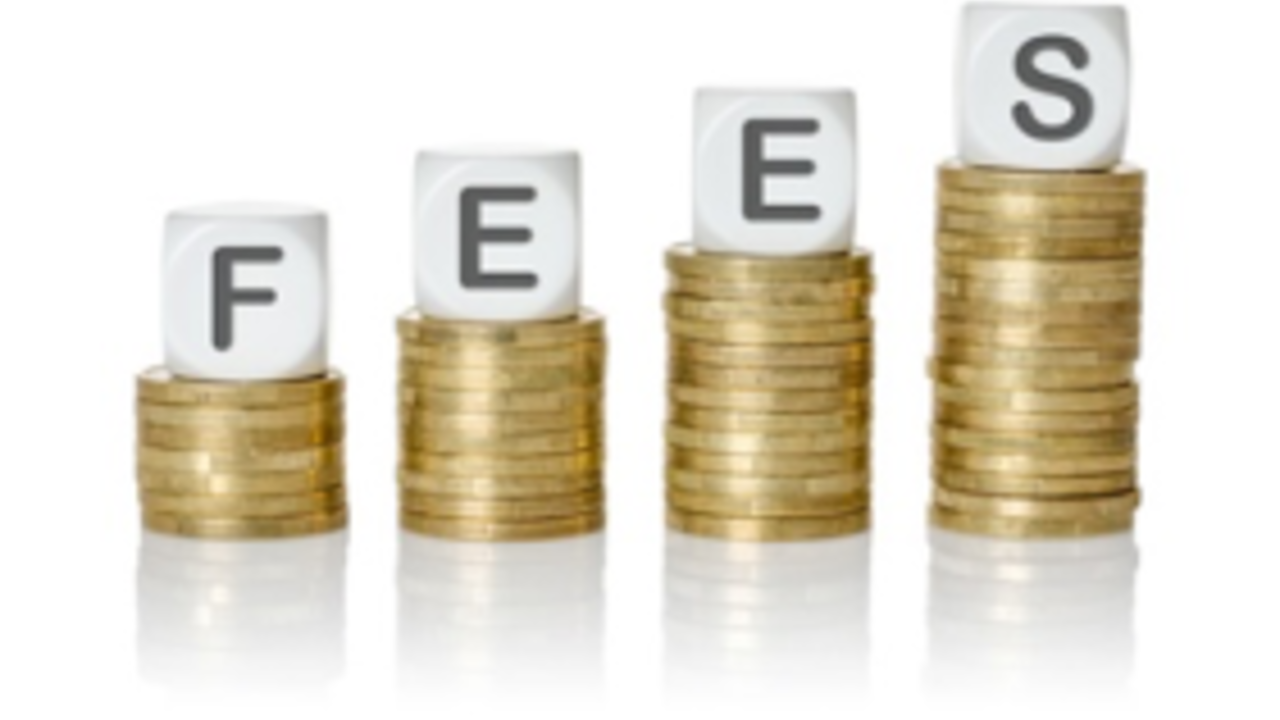Are Fees Eating Into Your 401(k)?
Aug 14, 2019
Fees are a common facet of an investment plan, but it's important to understand exactly what your fees are paying for. Oftentimes, people pay fees for static management, that isn't working for them, or fees for investment options that could be replaced by lower fee solutions that actually work better within your financial plan. Fees aren't always bad, but not understanding how your fees are helping your overall plan is a problem.
A lot of people are paying much more in fees than they think they are when it comes to their 401(k)s. Only a little over 25% of investors knew what they were paying, and an amazing 60% were not sure of what fees their plans were levying or if they were even paying fees at all. While stock market turmoil means you may not care that much about fees at all, over time those fees can really add up to serious expenses that hurt your retirement totals and the size of your overall nest egg. When you have less money in retirement, that also reduces how much you will be able to draw from it. In short, your retirement income will be lower, and that can mean a lower standard of living or quality of life.
The Ways Fees Harm Your 401(k)
When you pay fees from your 401(k) accounts, that lowers your net return. But it is actually more complicated than that. There is an impact that comes with the fees, and that goes beyond just the amount of the actual fee. Every time your net return is lowered, you also have less money in the account on which you can earn a return. So the effect of the fees is cumulative, and over time can add up to thousands or even tens of thousands of dollars. It may start out as a small difference when comparing one account with another based on their fees, but it is important to take a look at how things change and accumulate over time.
Depending on how early in your life you start investing and how much you are putting into your 401(k), it is possible the cumulative effect could cost you in excess of $100,000. Not only does that lower your nest egg, but it causes you to lose much of your retirement security, as well. Additionally, it is upsetting to see how much money you lost when you reach retirement. It is better to start out with a low-fee 401(k), or switch to one with lower fees as soon as possible, in order to maximize your nest egg, retirement income, and financial security.
Fees Matter More if You Are a Long Way From Retirement
By keeping your money in a high-fee 401(k) for a longer period of time, you lose more of the money you could have saved for retirement. The compounding returns are a very important part of gaining a good retirement fund, and when those returns are not there because they are being eaten up by fees retirement security can be compromised. Between the fees and the lack of compounding because the net returns are lower, the value of the account ends up being much less than it could have been. The converse is true, as well, and when the fees are lower and the balance of the account is higher, there is more money to compound and a higher chance of a more secure retirement.
For those who are investing for the long term, the goal is to focus on how to keep most of your money and make it work for you. When you are paying a lot of fees you are not keeping as much of your money as you could, unless you understand what your fees earning you. Is it more diligent oversight? Is it access to specific funds? Is it holistic planning? Whichever it may be, make sure your fees are working for you.
Have Questions? Get the answers you need.

